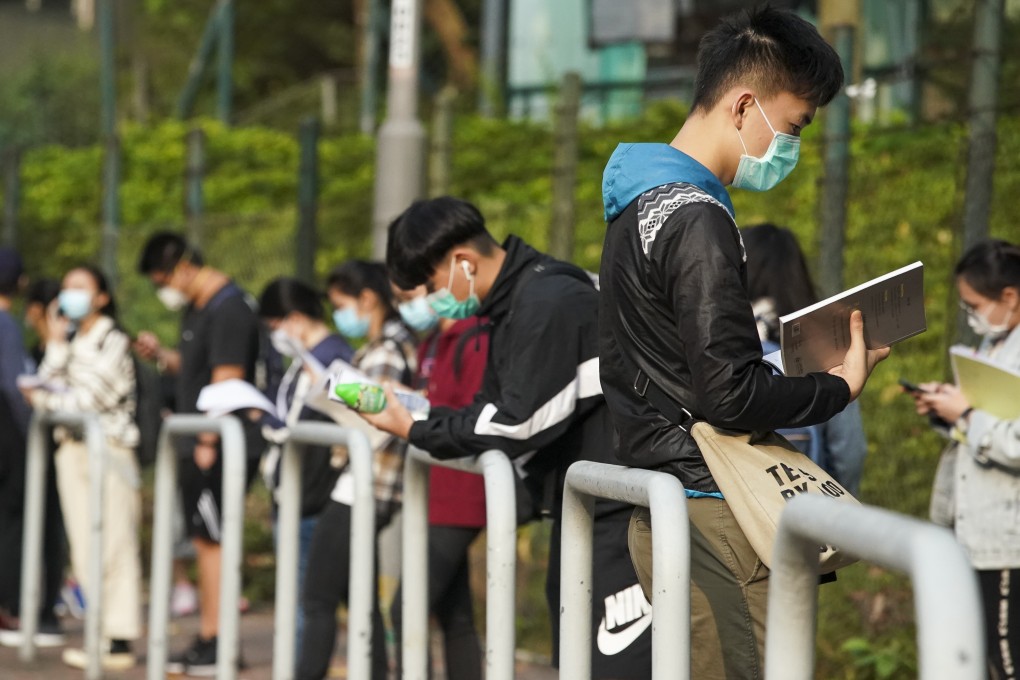Why low-key Hong Kong exams body is scrambling for answers after furore over history question on Sino-Japanese relations
- Government’s unprecedented demand to invalidate question has put Hong Kong Examinations and Assessment Authority’s oft-stated independence into focus
- Officials argue the demand to scrap question on whether Japan ‘did more good than harm to China’ is a professional judgment and not a political one

A low-profile examination body in Hong Kong has been swept up in a political storm after the Education Bureau demanded it withdraw a history-paper question that had drawn a furious rebuke from Beijing over its one-sided depiction of Sino-Japanese relations in the first half of the last century.
The unprecedented request has raised questions about the body’s oft-stated independence.
Officials have argued that the call to scrap the question was a professional judgment and not a political one, stressing the government was entitled to ensure the quality of education in the city was maintained.
But lawmakers and academics have expressed concerns that it could jeopardise the integrity of the internationally recognised Hong Kong Examinations and Assessment Authority (HKEAA). They said the 43-year-old institution risked becoming increasingly susceptible to external pressure because of its board’s governance and growing financial dependence on the government.

Amid the raging debate, however, HKEAA secretary general So Kwok-sang has conceded that the exam body’s autonomy was not an unbridled one. It is ultimately accountable to the chief executive, who appoints its council.